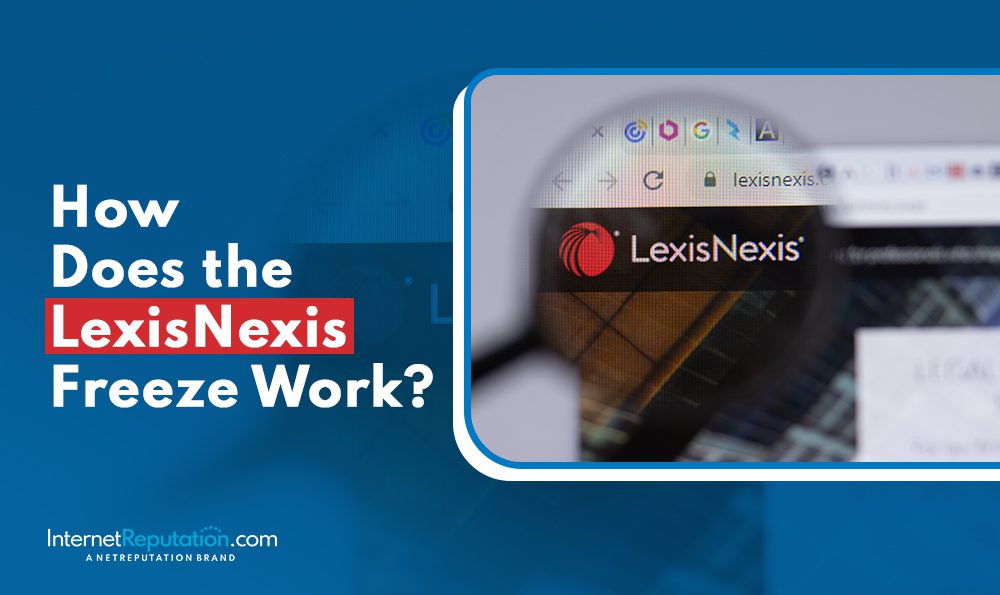Reputation Management Cost Analysis: Understanding the Investment Value

When United Airlines faced a reputation crisis after a passenger was forcibly removed from a flight, the cost to their brand was massive. You might not be running an airline, but your reputation’s impact on your bottom line is just as real.
In today’s digital world, what people say about you online can make or break your business. Understanding the investment value in reputation management means assessing the spectrum of services available to you, estimating your budget, and recognizing the hidden costs of neglecting your reputation.
It also involves calculating the return on investment (ROI) from managing your reputation effectively and strategizing for the maximum impact. Let’s dive into how you can analyze the reputation management costs and value to ensure your business thrives.
The Spectrum of Reputation Services
Within the realm of reputation management, you’ll find a wide array of services, each with its own price tag and value proposition. You’re likely weighing options from basic monitoring to comprehensive crisis management.
It’s crucial to dissect these offerings meticulously, not just for cost-effectiveness but for alignment with your strategic goals. Monitoring services are your baseline, often automated and relatively affordable. They’ll alert you to brand mentions, but won’t offer the nuanced analysis you might need.
Mid-tier services include proactive public relations campaigns and SEO tactics, balancing cost with a more tailored approach. At the pinnacle, bespoke crisis management solutions command a premium, reflecting their high-stakes, high-touch nature.
You must gauge not only the immediate outlay but also the long-term return on investment each service tier offers.
Estimating Your Reputation Budget
Determining how much you’ll allocate to reputation management hinges on several key factors, including your company’s size, risk exposure, and desired outcomes. As you chart your financial course, you must assess the direct and indirect costs associated with both proactive and reactive strategies.
Consider the scale of operations: A larger enterprise faces more complex challenges, necessitating a heftier budget to safeguard its brand across multiple channels.
Factor in your industry’s volatility and the speed at which reputation-damaging incidents could spread. High-risk sectors might justify a larger reserve.
Additionally, align your spending with specific goals, whether that’s improving customer sentiment, recovering from a crisis, or building a robust online presence. An analytical approach ensures you’re not just spending, but investing in your reputation’s resilience.
Hidden Costs of Neglecting Reputation
Ignoring your company’s reputation can lead to several unforeseen costs that’ll chip away at your business’s bottom line and market position. When you overlook the significance of your company’s public image, you’re inadvertently inviting risks such as loss of consumer trust and loyalty. This erosion of confidence can result in declining sales, as customers pivot to competitors who prioritize and maintain a positive image.
Moreover, the cost of attracting new customers increases when your reputation suffers, since overcoming negative perceptions requires additional marketing efforts and brand rehabilitation strategies. You’ll likely face higher expenses for recruitment and retention too, as talented individuals prefer employers with stellar reputations.
Strategically, it’s crucial to recognize that proactive reputation management isn’t just damage control—it’s an essential investment in your company’s sustained success and growth.
Calculating ROI on Reputation Management
In assessing the return on investment for reputation management, you’ll need to consider both tangible and intangible benefits. Scrutinize the following to gauge your ROI:
- Increased Revenue
- Higher customer acquisition rates
- Lower churn due to enhanced loyalty
- Premium pricing potential thanks to a sterling reputation
- Cost Savings
- Reduced marketing expenditures
- Fewer expenses from crisis management
- Lower legal costs by preempting reputation-related issues
- Risk Mitigation
- Improved search rankings protecting against negative content
- Stronger brand equity to weather volatile markets
- Crisis readiness minimizing the fallout
Your analysis should quantify these aspects wherever possible, while appreciating that reputation’s value often transcends numbers.
Strategically, think long-term and realize that your upfront investment can pay dividends in resilience and market positioning.
Strategic Planning for Maximum Impact
After quantifying the ROI of your reputation management efforts, you’ll need to devise a strategic plan that maximizes impact and aligns with your business objectives. This requires an analytical approach: identify the channels where your brand’s reputation most significantly influences customer decisions. Prioritize actions that bolster credibility and trust within these arenas.
Craft a proactive narrative that resonates with your target audience, ensuring consistency across all touchpoints. Monitor sentiment trends to anticipate and mitigate reputation risks. Allocate your budget to both defensive and offensive strategies—fortifying your brand against potential crises while also promoting positive messaging.
Crucially, integrate reputation management with broader marketing efforts to reinforce brand value. By targeting high-impact areas and tailoring your approach, you’ll optimize the investment and solidify your company’s standing in the marketplace.
⇒ Read our different articles:
–9 Ways to Build a Better Brand Reputation
–Corporate Reputation Management: What Business Owners Need to Know
–Why Is Reputation Management Important for Your Business?
–Why Corporate Executives Need Online Reputation Management
→ And more, visit our blog!



